April 17, 2025 | 19:46 GMT +7
April 17, 2025 | 19:46 GMT +7
Hotline: 0913.378.918
April 17, 2025 | 19:46 GMT +7
Hotline: 0913.378.918
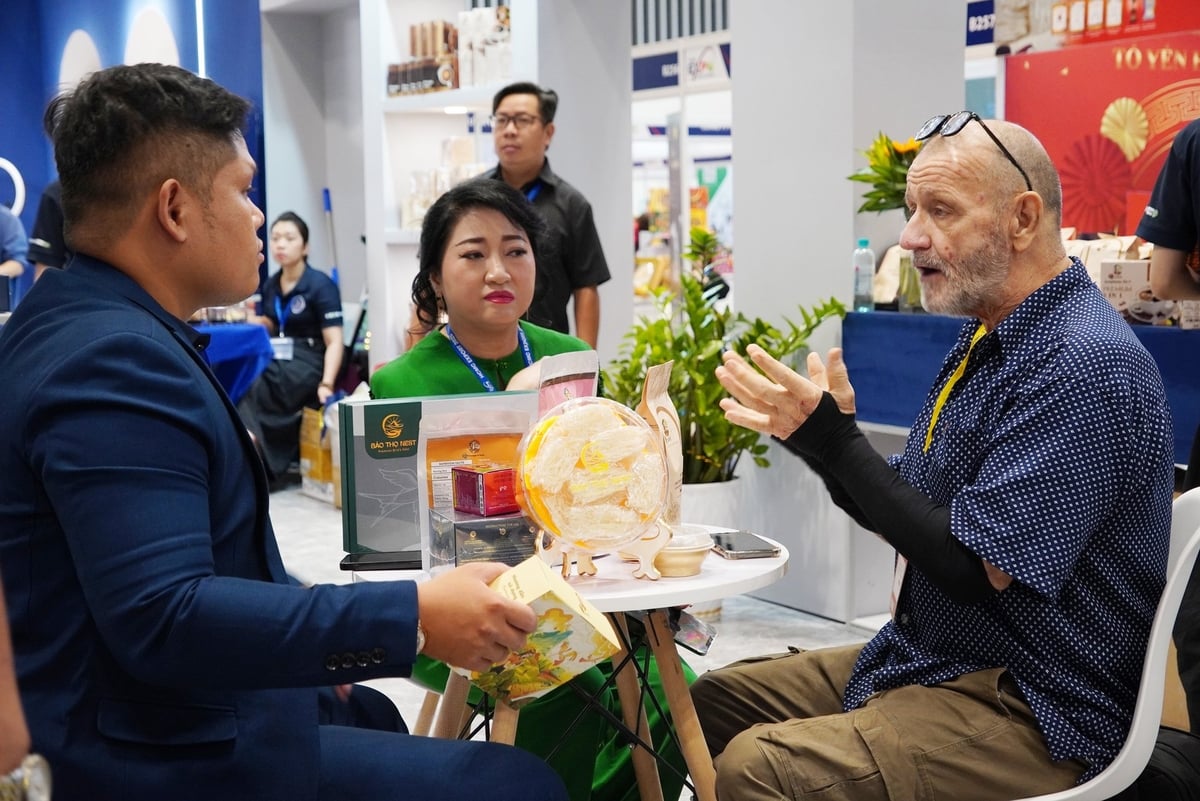
Foreign partners learn about Truong Tho bird's nest products. Photo: Nguyen Thuy.
The Vietnamese bird's nest industry is experiencing a significant opportunity for expansion, according to Mr. Le Thanh Dai, Chairman of the Vietnam Bird's Nest Association. However, it must also overcome an increasing number of obstacles, particularly when competing with established powers such as Indonesia and Malaysia.
Mr. Yang Hsua-Ta, Chairman of the Indonesian Bird's Nest Association, has noted that Vietnam, particularly Ho Chi Minh City, has designated the bird's nest sector as a key industry in its development strategy. He advised that Vietnamese businesses should seize this momentum, emphasizing that product quality and food safety are fundamental to building a trustworthy and resilient national brand.
However, he observed that Vietnam's pursuit of global recognition will not be sustainable if it merely exports fresh or unprocessed nests. Instead, he emphasized the significance of value-added processed products, notably ready-to-drink bird's nest beverages, which are becoming increasingly popular due to their higher profit margins and alignment with contemporary consumption trends.
Mr. Yang encouraged Vietnamese enterprises to increase their participation in international bird's nest events in order to foster long-term growth. This not only enables businesses to remain informed about global market dynamics but also plays a role in sustainable development strategies for the industry.
One of the most important factors contributing to product quality and safety, he noted, is the purity of ingredients. High-quality bird's nest products should consist solely of nest and water, rarely with an addition of rock sugar, and must be devoid of preservatives and additives. Advanced processing technology is necessary to prevent the nest from disintegrating at high temperatures in order to achieve this standard.
To meet international requirements, bird’s nest products must be sterilized at 123 degrees Celsius, a technique that Mr. Yang credits for his success in producing premium-quality goods. This guarantees that no artificial additives are necessary or that the products will not degrade during storage for one to two years.
Mr. Le Thanh Dai underscored the necessity for Vietnam to maintain and advertise the unique flavor of its bird's nest products in order to ensure that they are immediately recognized by their scent. Rather than competing on price with countries such as Indonesia, Malaysia, or Thailand, Vietnam should differentiate itself by offering unique products that appeal to specific consumer segments based on age and lifestyle. This incorporates advances in functional product development, processing methods, and quality.
In the end, Mr. Dai decided that the story of the Vietnamese bird's nest must be presented in a way that is both creative and compelling, thereby highlighting its exceptional qualities and distinguishing it in the global marketplace.
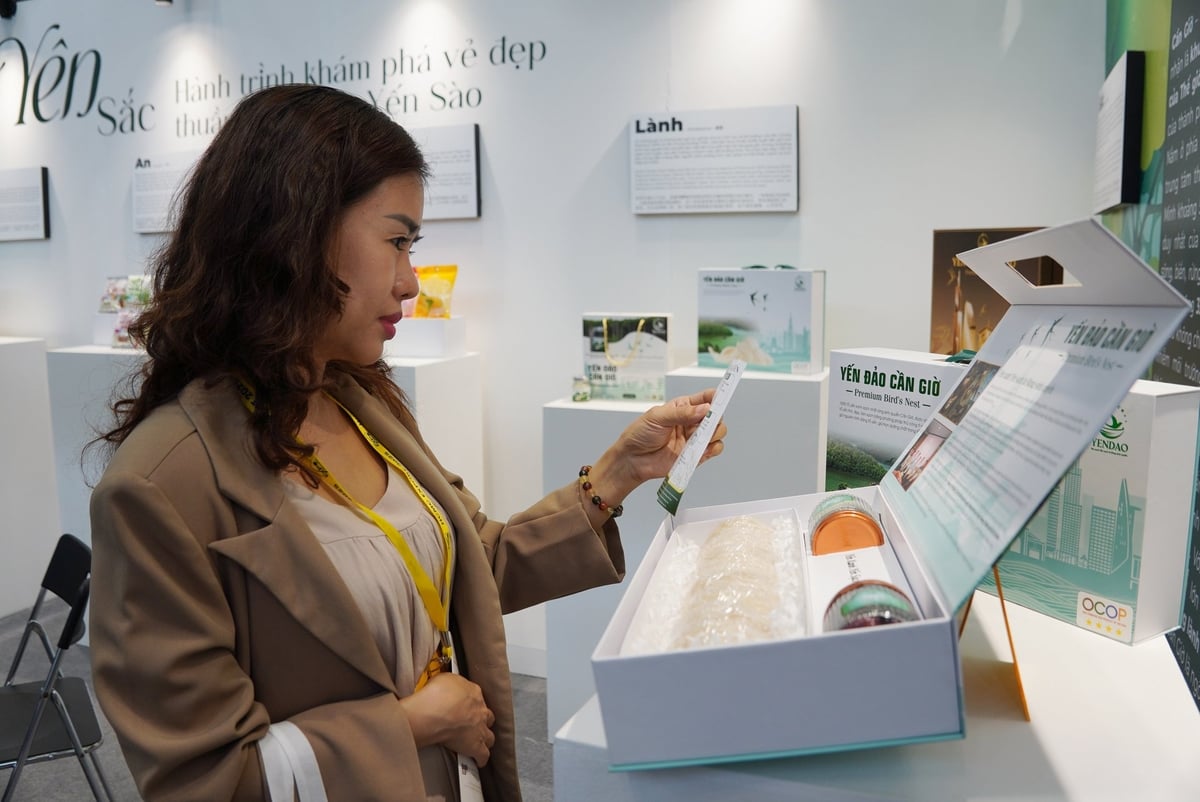
Can Gio swiflet island. Photo: Nguyen Thuy.
In an effort to establish itself in the global market, Vietnam's bird's nest industry is consistently increasing its participation from enterprises. Ms. Luu Ngo Phuong Quynh, Director of Vietnam Bird's Nest House Co., Ltd., a company renowned for its Truong Tho brand, stated that the company has allocated significant funds and implemented cutting-edge equipment in its production line to create a new line of freeze-dried bird's nest products that satisfy international standards.
Ms. Le Thuy Chi, CEO of Can Gio Island Bird's Nest, also confirmed that her organization is making substantial investments in cutting-edge machinery and contemporary technology to satisfy the increasing global demand for premium bird's nest products.
The economic potential of rare and high-value products, including bird's nest, ginseng, and medicinal fungi, is substantial, according to Dr. Dao Ha Trung, Chairman of the Ho Chi Minh City High-Tech Association. At the same time, they encounter significant obstacles, such as reputational risks, commercial fraud, and counterfeiting. The Ho Chi Minh City Department of Industry and Trade has tasked the High-Tech Association with the research and implementation of a Brand and Supply Chain Management System. This system is intended to guarantee the safety, sustainability, and anti-counterfeiting measures of agricultural products, including bird's nest.
This system offers a variety of practical advantages by incorporating cutting-edge technologies, including Blockchain, AI, IoT, and Big Data. These include protecting against counterfeit goods, assuring product quality, and enhancing the reputation of Vietnamese brands. Additionally, they involve providing exhaustive information on production volumes, total bird populations, government certifications, and transportation routes. In addition, the system enables consumers to effortlessly confirm the authenticity of products using QR codes or mobile applications, thereby boosting their confidence in the quality and origin of the product.
Translated by Linh Linh

(VAN) With an annual production scale of around 5 million tons, Vietnam has enough potential to transform rice bran into a key export commodity if combined with deep processing.
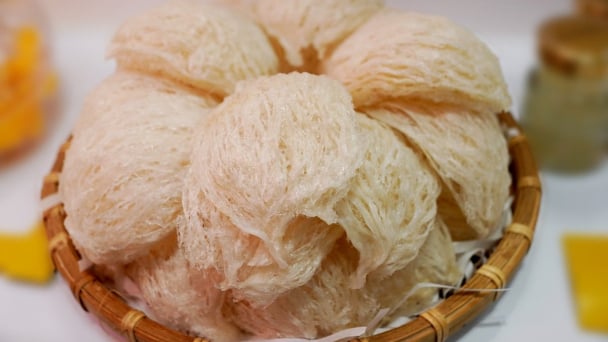
(VAN) As the world’s largest consumer of bird’s nest products, China is gradually becoming a 'golden' market for Vietnamese bird’s nests.
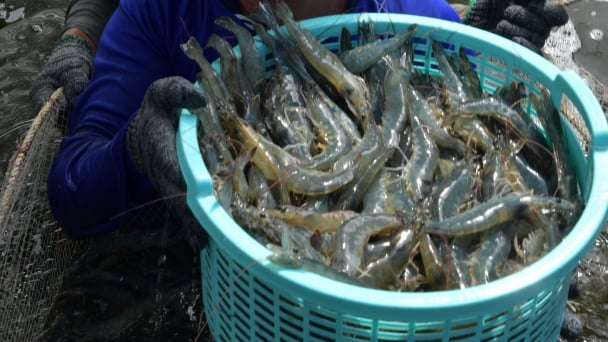
(VAN) Deputy Minister Phung Duc Tien has directed the fishery sector to diversify its farming objectives during the conference reviewing Q1 performance and outlining tasks for April and Q2/2025.
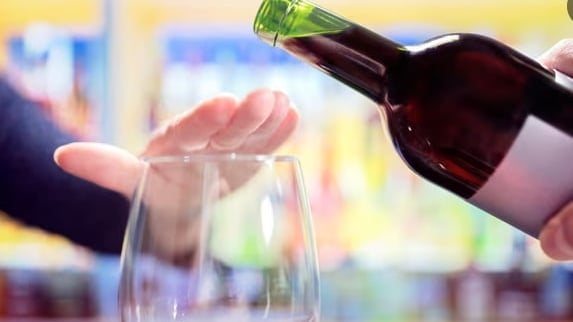
(VAN) Consumption and production falls in almost every market as industry fears a ‘generational’ change in drinking habits.
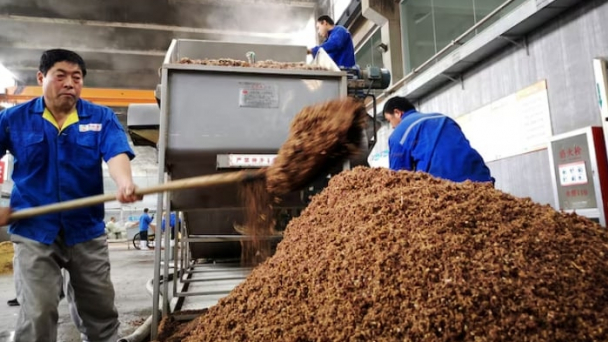
(VAN) U.S. President Donald Trump's trade war with China comes at a bad time for sorghum growers like Dan Atkisson in Kansas, who is nevertheless preparing to increase plantings by 25% this spring.
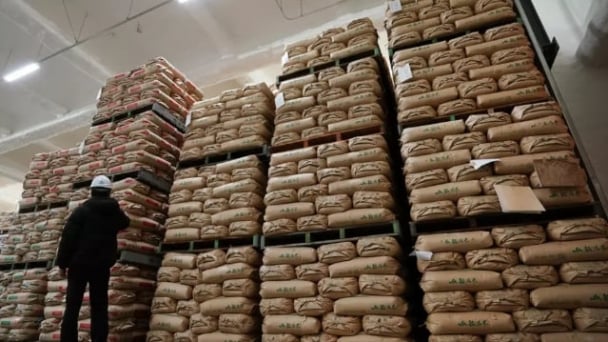
(VAN) Japan will sell more rice from its emergency stockpile through July in an attempt to stabilise soaring prices, the agricultural minister said.
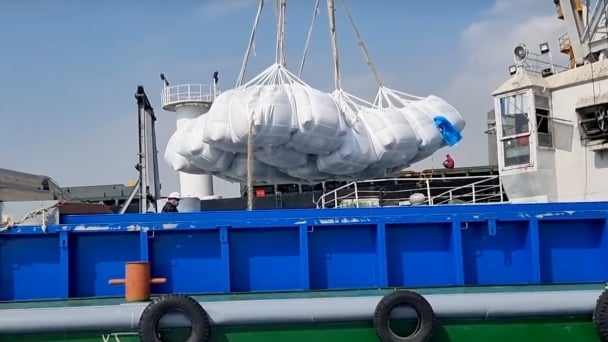
(VAN) The Philippines is making efforts to diversify its rice import sources in order to reduce its dependence on Vietnamese rice. However, Vietnamese rice has managed to maintain its strong position in this market.